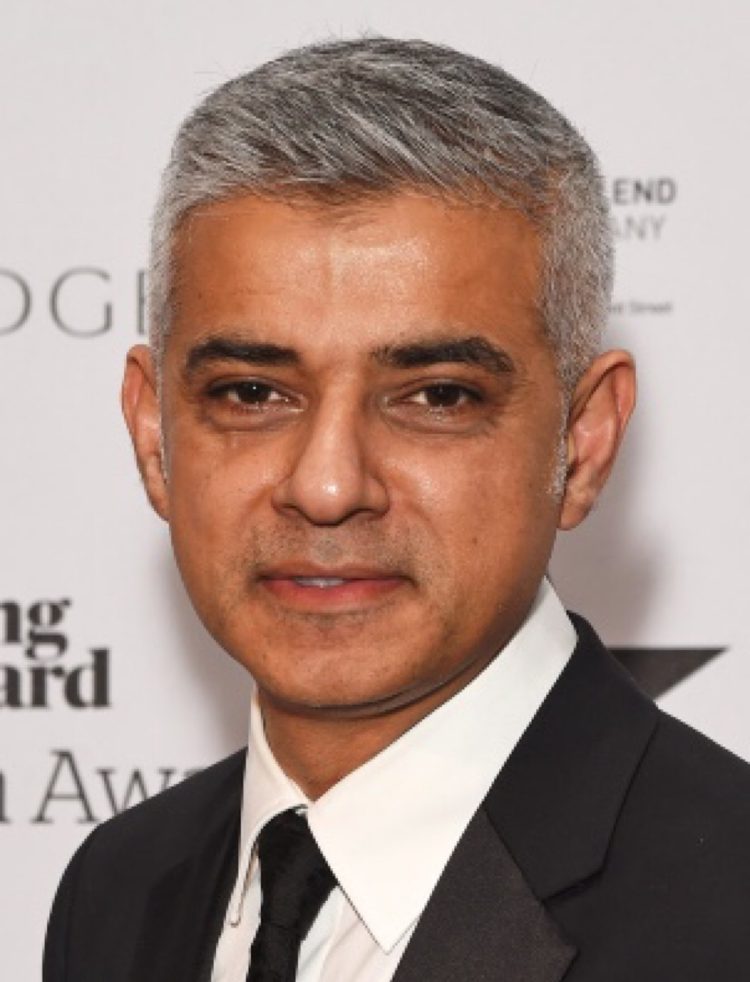By Ben Kerrigan-
London Mayor, Sadiq Khan,(pictured) has unveiled the members of the new London Policing Board. Comprising 12 individuals with diverse backgrounds and expertise.
The development comes in the wake of recent policing scandals and following the recommendations of the Baroness Casey Review
The London mayor said “nothing is off the table” when it comes to improving the force’s culture, as he announced the details of a new London Policing Board to further hold the organization to account.
The board’s creation was a key recommendation made by Baroness Casey in her review of the Met earlier this year, which found it to be institutionally racist, sexist and homophobic.
The board’s members include author and educator Stuart Lawrence – the younger brother of murdered teenager Stephen Lawrence – and Neil Basu, the Met’s former assistant commissioner for specialist operations.
Chaired by Mr Khan, the board will meet in public and on a quarterly basis.
The board will play a pivotal role in overseeing and scrutinizing the Metropolitan Police Service (MPS), driving systemic and cultural reforms, and rebuilding confidence and trust in law enforcement.
The establishment of the London Policing Board comes in response to the Baroness Casey Review, which called for the creation of a public scrutiny body to monitor and ensure the effective delivery of improvements within the MPS.
These reforms aim to address deep-seated issues within the police force and enhance its accountability to the diverse communities it serves.
Mayor Sadiq Khan expressed his hope that the board will increase transparency and accountability, paving the way for a safer and more equitable London.
The board comprises individuals who bring a wide range of professional skills, expertise, and lived experiences to the table. Their backgrounds include equalities, community work, academia, tackling violence against women and girls, frontline policing, law, and human rights.
Among the 12 members is Neil Basu, a retired MPS officer who formerly served as assistant commissioner for Specialist Operations (ACSO) and was the national lead for Counter Terrorism Policing.
Their collective knowledge will be invaluable in driving the reform agenda and ensuring it resonates with the diverse communities served by the MPS.
In alignment with Baroness Casey’s recommendations, the London Policing Board will meet quarterly to advance the necessary changes.
These meetings will follow a transparent approach to accountability, mirroring the practices of Transport for London, with proceedings held in public view. The first meeting of the board is scheduled for September 26, 2023.
Caroline Russell AM, chair of the Police and Crime Committee, expressed the committee’s interest in how the London Policing Board will function and specifically how it intends to hold the Metropolitan Police to account.
She emphasized the importance of maintaining democratic scrutiny, especially in light of Baroness Casey’s review, and called for constructive efforts to provide the necessary scrutiny, oversight, and support for the MPS’s reform initiatives.
The launch of the London Policing Board marks a significant step toward addressing the challenges facing the Metropolitan Police Service and rebuilding the trust of London’s communities.
With the collective expertise and dedication of its members, this board holds the promise of driving meaningful change within the police force.
As the board begins its work, it carries the hopes and expectations of a city eager to see a safer and fairer London emerge from its endeavors.
While the journey to comprehensive reform may be long and challenging, the London Policing Board represents a critical milestone in the ongoing pursuit of accountability, justice, and equity in law enforcement across the capital.
Londoners can now look to this diverse group of experts to help shape a better future for policing in their city.




